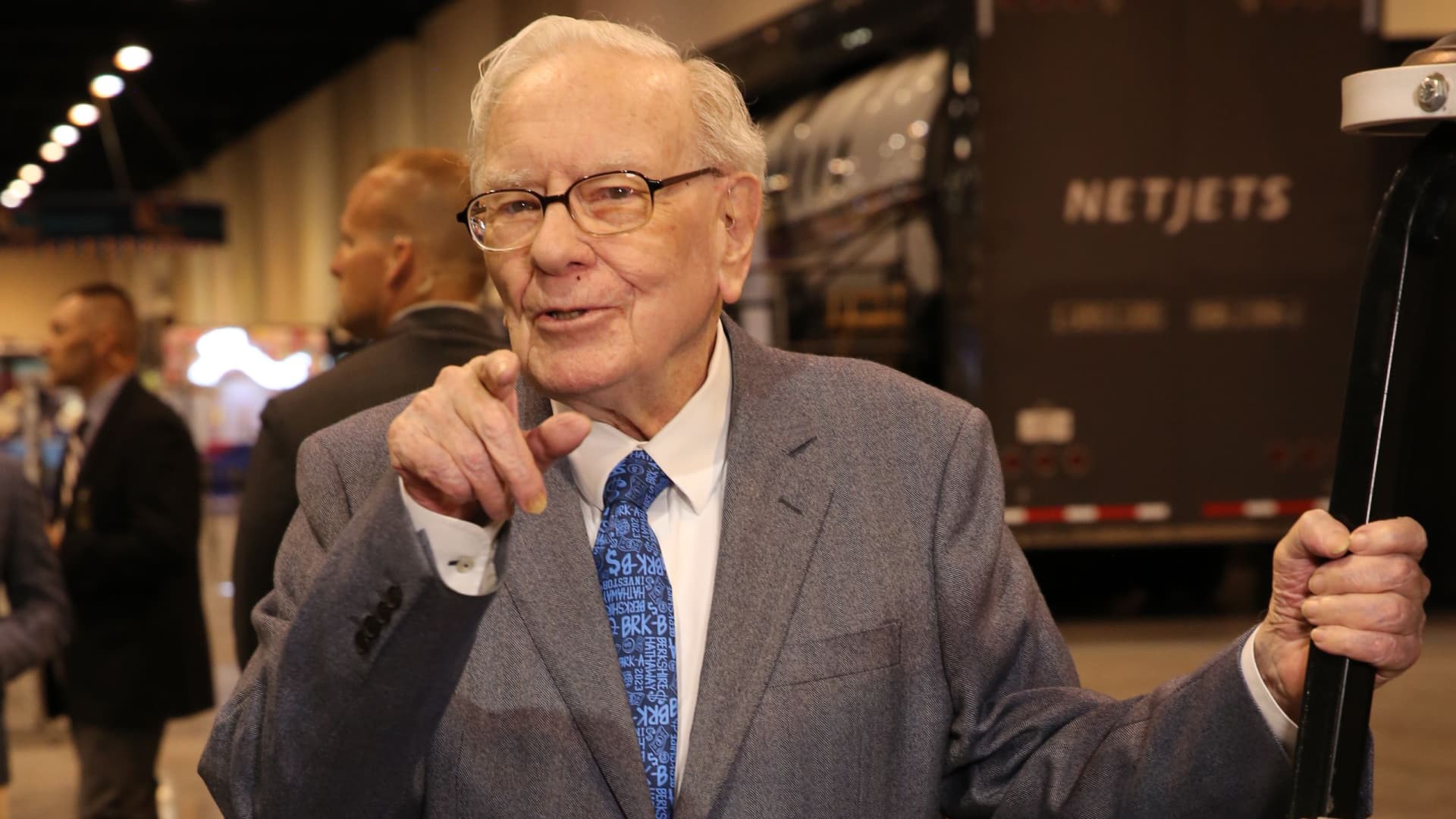Berkshire Hathaway Unveils $4.3B Alphabet Stake: Buffett's Lieutenants Drive Tech Shift Amid Leadership & AI Growth
 United States
Finance
United States
Finance

Berkshire Hathaway disclosed a $4.3 billion stake in Alphabet, its 10th largest holding. Driven by Buffett's lieutenants, it signals a broader tech approach, ca
Berkshire Hathaway Unveils Major Alphabet Investment Amid Tech Shift
Warren Buffett's Berkshire Hathaway has made waves in the investment world by revealing a significant stake in Alphabet, the parent company of Google. A recent 13F filing indicated that Berkshire owned approximately $4.3 billion worth of Alphabet shares as of September 30, positioning it as the conglomerate's tenth-largest equity holding. This substantial tech investment is particularly noteworthy given Buffett's long-standing cautious approach to high-growth technology companies.
The Hand of Lieutenants: A New Era of Tech Embrace
While the size of the investment suggests it likely received Buffett's endorsement, the initiative is widely attributed to his two key investment lieutenants, Todd Combs and Ted Weschler. These two managers have been increasingly influential in shaping Berkshire's formidable $300 billion stock portfolio and have previously spearheaded other tech-leaning ventures, such as the 2019 investment in Amazon, of which Berkshire still holds $2.2 billion today. Buffett himself is set to step down as CEO at the end of the year, with longtime lieutenant Greg Abel slated to take the helm in January, though Buffett will remain chairman.
Why Alphabet? AI, Cloud Growth, and Attractive Valuation
Alphabet has enjoyed a stellar year, with its stock surging 46% as investors react positively to its accelerating artificial intelligence advancements and rapidly improving profitability in its cloud computing division. Google Cloud, once a drag on margins, has emerged as a crucial driver of earnings growth. Despite this impressive rally, Alphabet's valuation remains more attractive than many of its AI-driven megacap counterparts. Trading at 26.9 times next year's earnings, it presents a discount compared to Microsoft (31.8x), Broadcom (40.7x), and Nvidia (31.8x), according to FactSet data.
Strategic Implications: Widening the Circle of Competence
Industry experts like Bill Stone, Chief Investment Officer at Glenview Trust Company, suggest that the Alphabet purchase could signify a broader evolution in Berkshire's investment strategy towards technology as a new generation of leadership prepares to take the reins. The company's massive free cash flow potential, robust top-line growth, and comparatively appealing valuation are cited as compelling reasons for Berkshire's interest. It's an ironic twist for Buffett, who has openly admitted that missing out on Google in its early days was one of his biggest investing errors, despite having seen its product in action through Geico, a Berkshire subsidiary and early Google advertiser.





